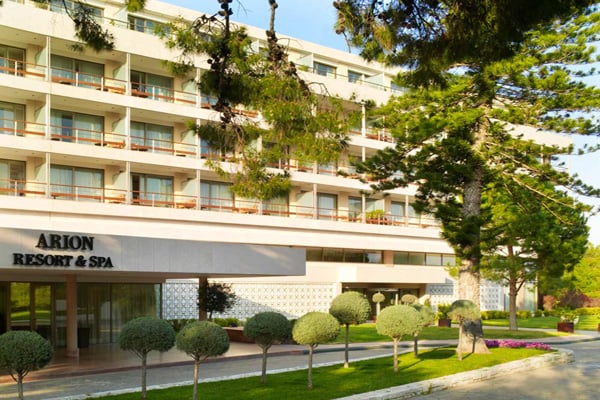Throughout 2015, destinations around the world attracted interest from a wide range of hotel brands and investors. From specific cities to entire countries, several areas are offering a range of opportunities for development. Here's a look at two that overcame notable challenges over the course of the year.
Greece rejects a bailout; sees increased investment interest

But decreasing payroll costs and stable inbound international travel made existing hotels more profitable (a six percent increase September 2014 to September 2015), and by November, the country was seeing renewed interest in hotel investment opportunities, especially from international companies with a focus on the upscale segments, with globally branded and local companies announcing new hotels throughout the country. “Private equity funds have been recycling their capital and targeting opportunities in Southern Europe as they hunt for yield," Dominic Murray, head of cross-border transactions EMEA for CBRE Hotels, said at the time. "With increasing competition to acquire assets in Spain and Italy driving up values, Greece could be the next target for opportunistic investors should they have confidence in economic and political stability going forward.”
Ireland's largest lender avoids Dublin; city needs 3,000 new rooms
Dublin’s hotel scene made headlines by the end of the year. In October, Noel Creedon, head of Cork-based specialist investment firm iNua (one of Ireland's biggest hotel buyers) said that too much competition among buyers meant that purchasing a hotel in Dublin was no longer a good investment. Furthermore, he said, his firm will not buy any properties in the capital despite building up a €20 million fund for hotel acquisitions.

Just a month later, JLL Hotels & Hospitality Group reported that Dublin is suffering a "major shortage" in hotel rooms, and that the city needs an additional 3,000 rooms to satisfy current demand. This posed a problem, as only a tenth of that number is slated to open by the end of 2016.
Hotel development has been minimal since the recession, with only three significant new additions opening in Dublin City so far this decade. "Improving levels of corporate and leisure bed night demand in Dublin City are fueling the demand for new hotel developments," Daniel O'Connor, SVP hotels at JLL, said at the time. "Such is the strength of the Dublin hotel operating market, we estimate that average occupancy levels in the city would still remain at a healthy 80 percent, even if 3,000 additional guestrooms were to come online today."
In 2015 alone, JLL reports that that hotel occupancy in the city center alone has increased 4.6 percent to 84.2 percent, with revenue per available room growing 22.6 percent, one of the highest levels of RevPAR growth in Europe.
